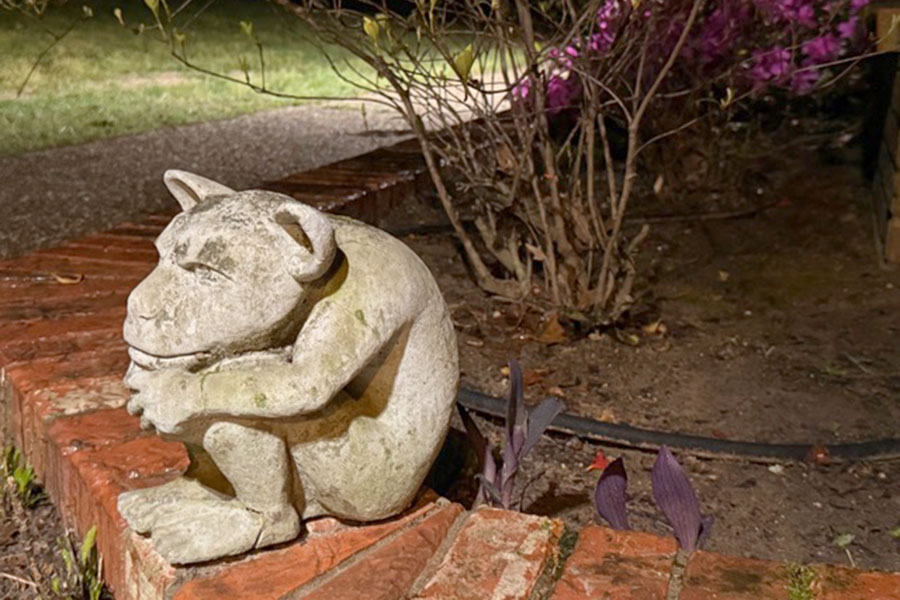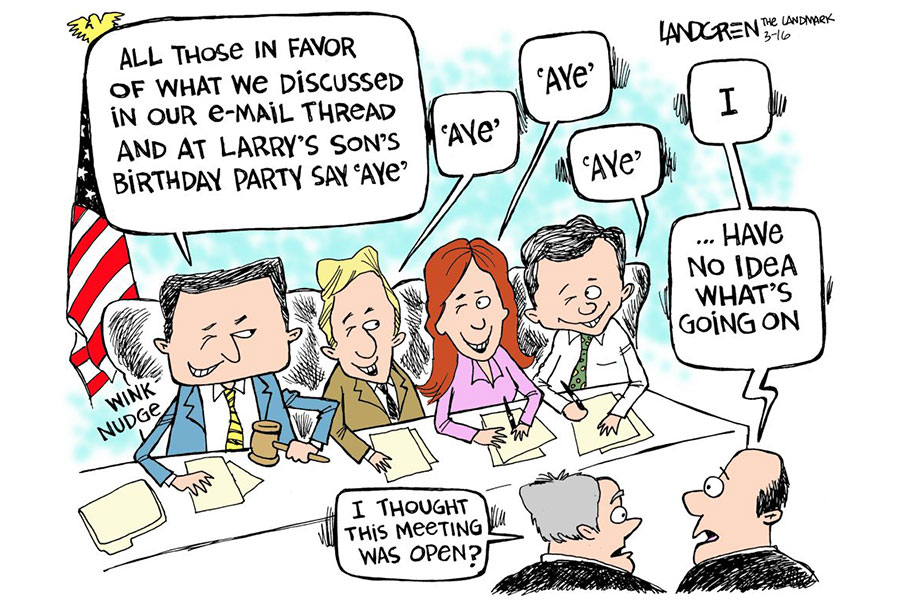When I was a child, we defined summer as a time for play and being outside. We would take off in the morning and check back in around lunch time. Afterwards, we were back out with friends or exploring the surrounding cornfield to play hide-and-seek or another made up game. Supper would be negotiated based on who’s mother was making the best meal. Then, it was out for a ballgame at the park or flashlight tag as it got dark.
What happened to summer playtime? Social researchers tell us it’s gone the way of telephone landlines and full-service gas stations.
Children today are spending less time playing outside than prisoners in a maximum security prison get to be outdoors. In a survey of over 12,000 parents across 10 countries by Edelman Intelligence, parents revealed 56% of children spend less than an hour outside every day.
Researchers have been noticing this decline since the mid-1980’s. What is the cause of decreasing outdoor summer free playtime? Sure, video games and computers have had some impact. But, so do schedules filled with music lessons and dance, organized team activities, and academic summer camps. (All of which my children participated in during their childhood summers.)
Peter Gray, a researcher and psychology professor at Boston College, argues the current parental trends toward continuous structured activities for children – and lack of free playtime – is a key cause of the spike in mental health problems in children, teens and young adults today.
Dr. Gray writes, “Since about 1955 … children’s free play has been continually declining, at least partly because adults have exerted ever-increasing control over children’s activities.”
We know that unstructured, freely chosen play is a testing ground for life. Studies reveal a lack of free play affects emotional development, leads to the rise of anxiety, depression, and problems of attention and self-control.
There are several reasons free and open, self-directed, unstructured play is good for children. One is the ability to discover their own interests and ideas. Sports play is judged by coaches and scores. School work is graded by teachers. Self-directed free play is the one place children can explore the different kinds of activities to determine what they like. Whether it’s pretending to be a superhero or moving dirt with toy tractors, a child is exploring areas of their own personality.
A second benefit is the ability to learn to make decisions and work within structure, even self-created structure. Solving problems is a natural byproduct of self-directed play. Having a say in the rules of a made-up game gives a child a sense of control of his environment. The freedom to run to whatever playground equipment he wants to play on next helps develop confidence in decision-making skills.
Development of healthy emotions is a third benefit. Childhood free play often involves a sense of risk. The risk of swinging a little higher than feels safe or of seeing if she can jump over a ditch helps grow within a child the ability to take risks in other areas of life.
Each child is different and can handle different levels of stress. But a child who is always protected from the risk that comes with self-directed play is at danger of missing the opportunity to learn to manage fear. New research shows adults who weren’t allowed to face risky childhood play are experiencing anxiety and depression at increased levels. A lack of moderately challenging emotional situations during childhood play increases the chance for feeling anxious and overwhelmed by emotion-provoking situations in adult life.
Part of the answer is letting children be free to fill their own time with play. We do that by loosening the apron strings on their summer activities. It can also be led by adults, parents and grandparents, who demonstrate free play by playing blocks or making trips to the park or exploring the neighborhood. Not with an objective to be achieved; but with a purpose of having simple fun.
Maybe it’s time for adults to relearn the fun of free play to show children how it’s done?
For more stories like this, see the July 3 issue or subscribe online.
By Jeff Denton • Senior pastor, Waterbrook Bible Fellowship
















0 Comments